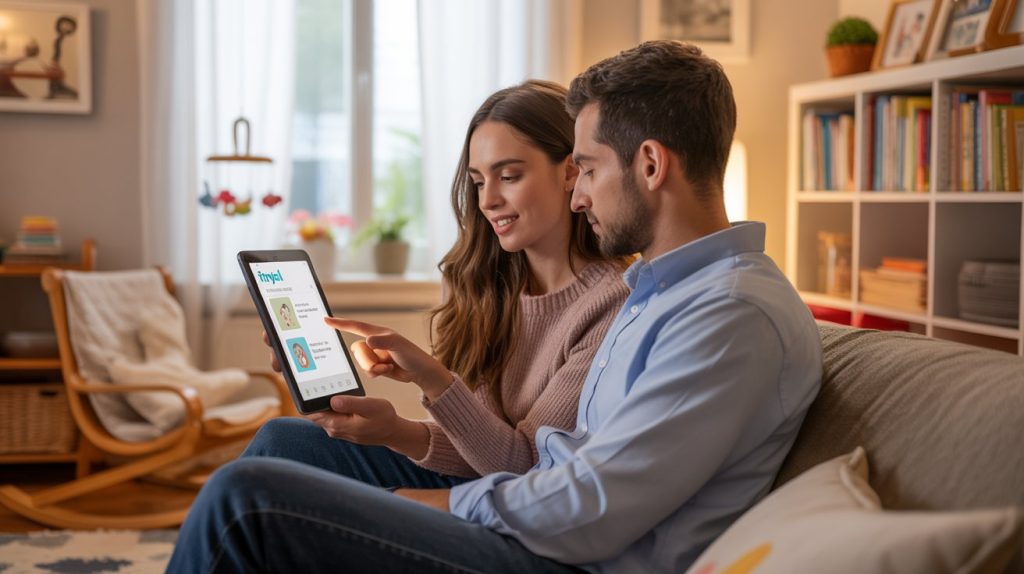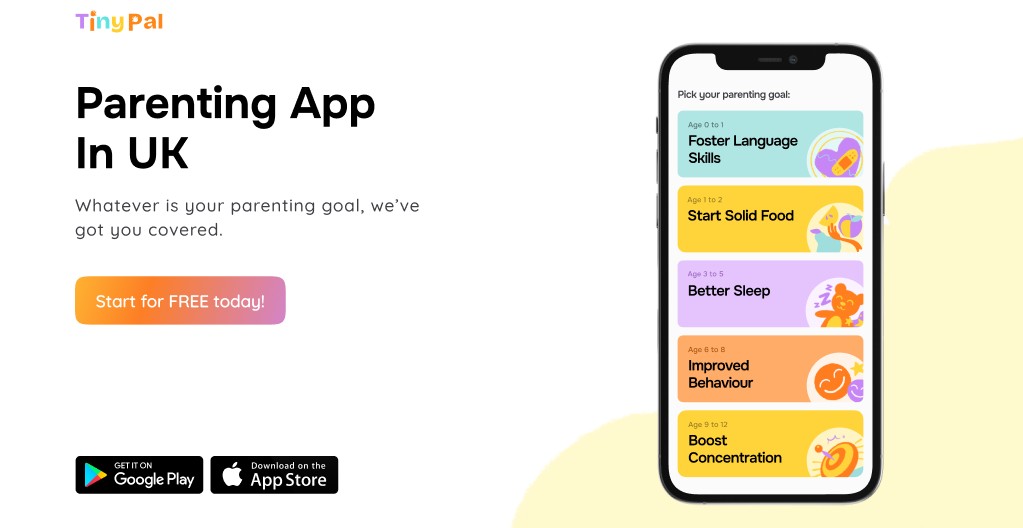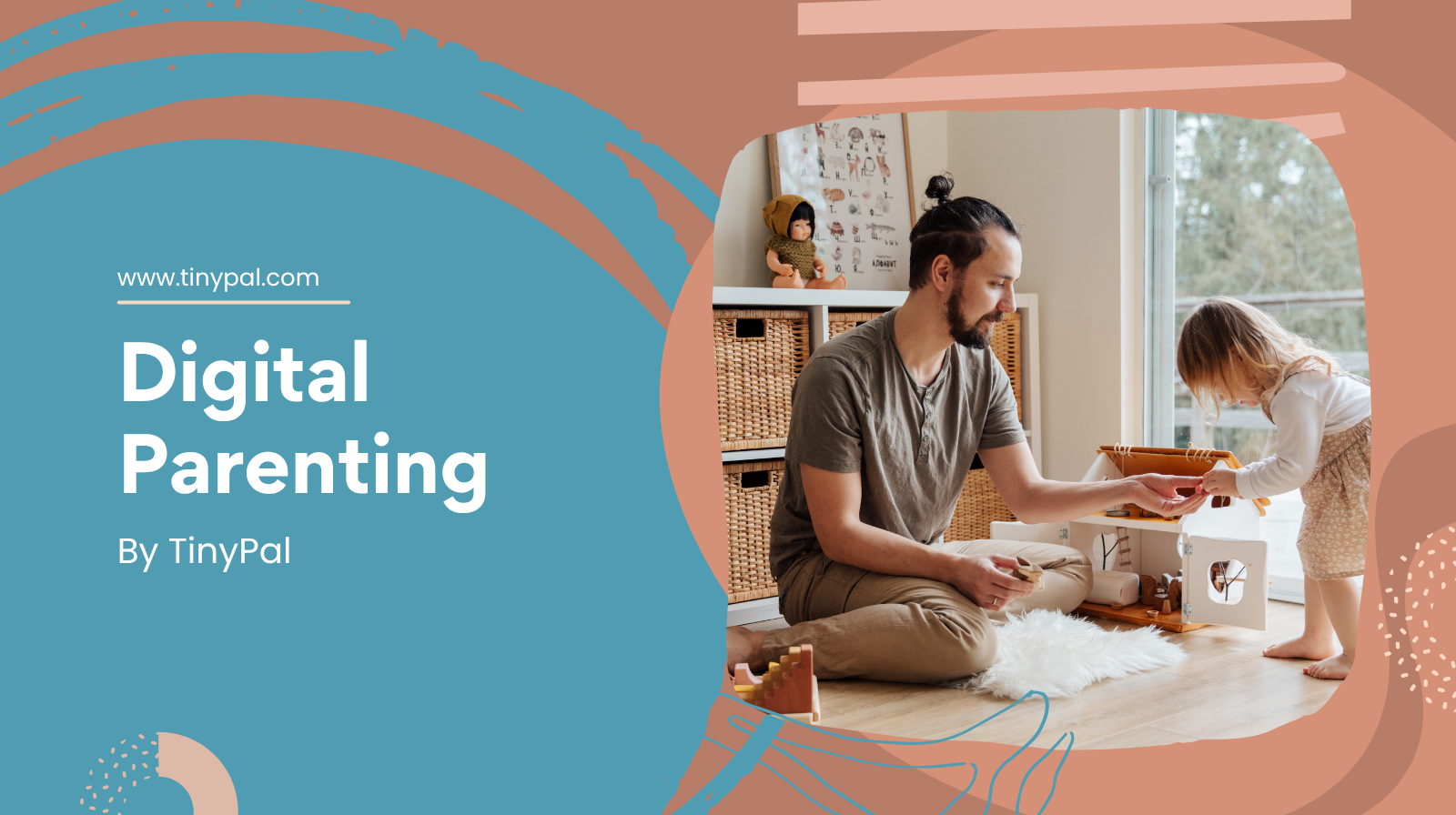Table of Contents
Parenting in a Digital Britain
It’s a Sunday evening in Manchester. The roast is on the table, your youngest is humming the Peppa Pig theme on repeat, and your 10-year-old is trying to sneak in “just one more game” on the tablet.
Welcome to parenting in the UK, 2025.
British families have always been resilient and adaptive — from ration books to rushing for school runs in the rain. But today’s parenting challenge isn’t weather or war. It’s the digital world that follows children from the classroom to the dinner table.
And while technology brings amazing opportunities — instant learning, connection, creativity — it also brings new headaches: tantrums over devices, worries about screen time, and constant negotiations over “just five more minutes.”
So, the question every parent is asking is:
👉 How can families in the UK thrive in a digital-first world?

The State of Digital Parenting in the UK
According to Ofcom’s 2024 report, UK children aged 3–17 spend an average of 3 hours 40 minutes per day online outside school. For teenagers, that figure rises above 5 hours.
The NHS advises:
- Children under 5 should have no more than 1 hour of screen time daily.
- School-aged children should balance screen use with exercise, social time, and sleep.
- Screens should be avoided an hour before bedtime to support healthy rest.
Yet, surveys from Parenting UK show that 82% of parents feel anxious about managing digital life. The reality? Parents need help.
Why Digital Parenting Feels So Hard
- Information Overload: Between WhatsApp groups, NHS advice, and online forums like Mumsnet, parents often get conflicting messages.
- Work-Life Pressure: UK parents juggle demanding jobs with school runs, leaving less time to “police” devices.
- Peer Pressure: “Everyone else has an iPad” is a daily argument in many British homes.
- Tantrums & Stubbornness: When devices are limited, toddlers and older kids push back — sometimes in public, sometimes at bedtime.
Digital parenting isn’t just about setting limits. It’s about guiding children through emotional storms while building healthy habits.
Practical Strategies for UK Families in 2025
Here are expert-backed, NHS-aligned strategies British families can apply right away:
1. Set Clear Family Rules (and Stick to Them)
Instead of sudden bans, involve children in creating rules.
Example: “No phones at dinner” or “Screen-free bedrooms.”
👉 Families that co-create rules see 40% fewer arguments (Parenting UK, 2024).

2. Use Predictable Routines
Bedtime, mealtimes, and homework are smoother when children know what to expect.
- Dinner → Family chat time.
- Bedtime → Story instead of screens.
Routine = less resistance.
3. Teach Digital Literacy, Not Just Limits
Screens aren’t disappearing. Equip kids with critical thinking.
- Teach them to spot ads.
- Talk about social media “likes” vs. real confidence.
- Show them the difference between educational content and mindless scrolling.
4. Model the Behaviour You Want
If you’re checking emails during dinner, kids will mirror it.
Set your own “phone down” times. Children copy parents more than rules.
5. Balance Screens With Alternatives
Offer “yes” options instead of endless “no’s.”
- A walk in the park.
- Art supplies at the table.
- Family board games on rainy days (classic UK solution).
Where Parenting Apps Fit In
Parenting in 2025 isn’t about banning technology — it’s about using it wisely. And that’s where parenting apps step in.
Apps like TinyPal Parenting App are designed to help UK families by:
- Creating custom screen time schedules aligned with NHS guidance.
- Offering scripts for tantrums when children resist digital limits.
- Providing positive discipline playbooks for stubborn behaviour.
- Giving daily parenting routines tailored to each child’s needs.
Unlike simple parental-control tools, TinyPal is a parenting app — built for families, not just devices.
👉 Download the TinyPal Parenting App and discover how British parents are turning digital chaos into calm.

Case Study: A London Family
Sarah, a mother of two in London, used to dread weekends.
Her 5-year-old threw tantrums every time she tried to switch off the tablet. Her 9-year-old begged for hours of Roblox.
After downloading a parenting app, she introduced:
- Bedtime screen cut-off at 7:30 pm.
- Two choices for after-school: 30 minutes screen or outdoor play.
- Scripts from the app for calming tantrums.
Result? Fewer meltdowns, better sleep, calmer home.
Her words: “I used to feel like I was failing. Now I feel like I’m leading.”
FAQs: Digital Parenting in the UK
Q1. How much screen time is healthy for UK children?
The NHS recommends up to 1 hour daily for under-5s, and balanced limits for older children.
Q2. How can I stop my child’s tantrums over devices?
Stay calm, set clear boundaries, and use scripts from apps like TinyPal to de-escalate.
Q3. Is banning screens effective?
Not usually. Teaching balance and routines works better than outright bans.
Q4. Can parenting apps really help UK families?
Yes. TinyPal Parenting App supports parents with personalised routines, screen time guidance, and tantrum strategies.
Q5. Should children have devices in bedrooms?
No. NHS recommends device-free bedrooms for better sleep and mental health.
Final Thoughts
Parenting in the UK has always required resilience. In 2025, resilience means guiding children through the digital storm — calmly, consistently, and with confidence.
The digital world isn’t the enemy. It’s an opportunity. With the right strategies, routines, and support from parenting apps like TinyPal, families across Britain can thrive.
👉 Download the TinyPal Parenting App and step into calmer, healthier digital parenting today.

